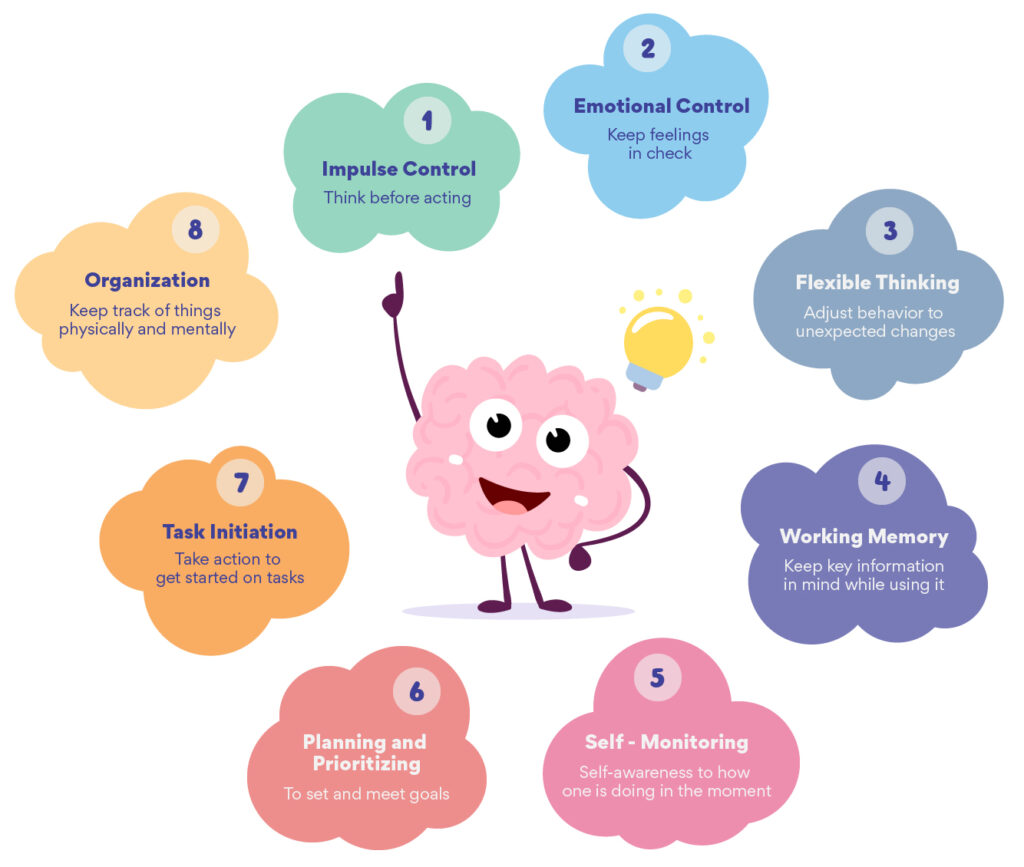
“People can’t just fit in anymore these days. Everyone needs this and that, just for them”
Ahh a penny for every time I have heard something similar when I tell people that my job is working with children and young people with mental health issues and neurodivergence. I would certainly be rich but I would not stop doing the job I am currently doing.
[Pause here if you are new to the term neurodiversity, please refer to my previous blog first]
Understanding is key and I am completely understanding of people’s attitudes to something that they do not understand. So please, allow me to explain…
Let me take you back to the early 90s (yes I was there before you think I am writing out of turn) with a huge number of office workers sat all day long looking at a screens on box-standard chairs at box-standard desks slowly but surely working themselves into screen-related eye problems and posture-related back problems.
My dad was one of these dutiful workers who ended up with both of these issues, struggling through the day trying to stretch every now and then and drowning the rest out with coffee. Until one day, someone started to realise that these problems could all be prevented with screen breaks, better adaptable seating and that maybe we could start doing workplace assessments to ensure office workers were better supported.
What does any of this have to do with neurodiversity?
Well, after realising we all have different body sizes and lumbar support needs, we are now realising that we have many different types of brains that equally need different kinds of support.
We are realising that doing something in exactly the same way all the time is maybe not the most productive way to work and we can be just as productive with certain breaks and changes in posture.
A neurodivergent brain is wired differently and responds differently. If ever I am in an emergency or crisis situation, please let me be surrounded by neurodiverse people as their quick thinking and innovative ways of looking at problems will most likely produce the best rescue.
Neurodivergent people have incredible analytical skills, they can think at a dazzling speed and digest huge amounts of information … if they learn to play to their strengths and are in a positive, neuro-affirming environment where they can be themselves.
I know amazing people who can do all those things mentioned above, yet crumble under the pressure of delivering a 10 minute presentation in front of a critical colleague.
Young people who are so creative they could earn a living from their creations, yet are being told they are failing their year at school.
The key is down to understanding their thinking patterns or executive functions.
Neurodivergent people’s brains are much more fine-tuned to the world around them. This can be super helpful when assessing risk in a crisis situation. It can also mean that they live in a world where they are bombarded by sounds, sights, smells.
The world can feel exhausting if you are physically unable to turn off the sensations coming at you.
Neurodivergent brains are incredible at out-of-the-box thinking. This also means that arbitrary rules that are not based on logic can be hard to follow.
That unwritten social codes can be completely confusing, despite their best intentions to be kind, generous and honest. (Honesty and being socially acceptable do not often go together when you really think about it…)
That perhaps their mind needs a better reason to follow an instruction than ‘because I said so’.
If you want to understand neurodiversity better, start to look up information about executive functions instead of looking up diagnoses.
If you want to be able to better support a neurodivergent person, ask them how you can support and allow them to be honest – even if you don’t like to hear the answer.
No two neurodiverse people are the same as they are all spectrum conditions, meaning people can be miles apart in their presentation.
Most of all, do not presume every odd interaction, word or comment is a deliberate personal attack. A little bit of empathy goes a long way.
Just check if they are upset or annoyed or if they just got the tone or words wrong. They will soon tell you and then you can work together and harness the beautiful power their brain holds.











